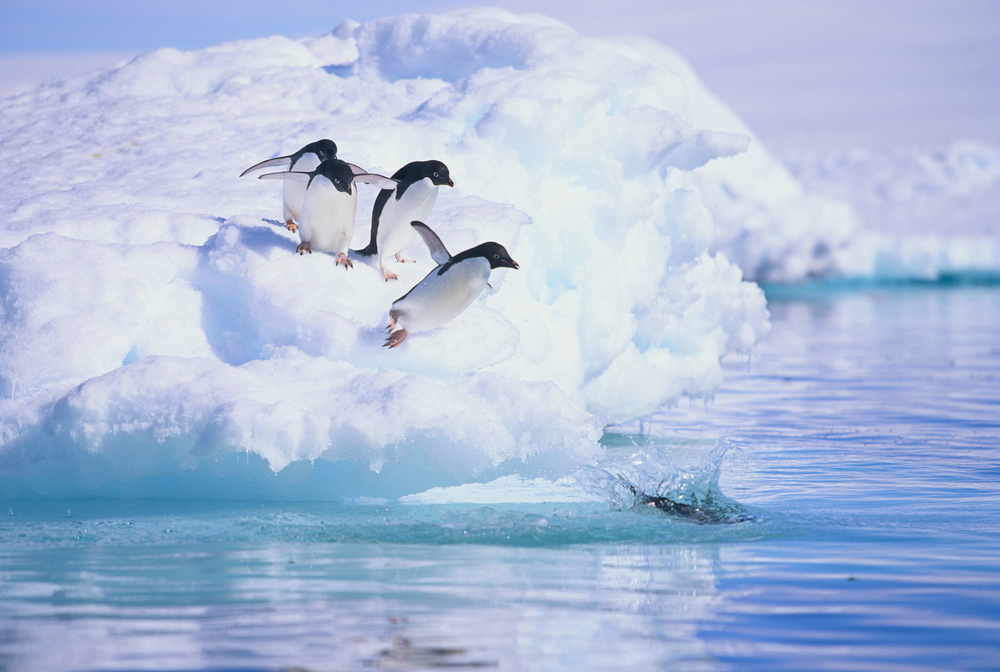
Before we can discuss what needs to be done, we first need a full grasp of the situation.Here are some of the fields in which JWCS is active.
CITES
The domestic legislation that has been introduced to fulfill international treaties is useless. It completely fails to satisfy what is expected from CITES efforts to reduce consumer demand through legal restrictions and to eliminate the illegal international wildlife trade.
Sharks and CITES
Japan currently holds reservations on the listings of many shark species, saying that scientific information to show a risk of extinction is lacking.
Ivory Trade
The domestic ivory market ban was decided at CITES in 2016.
But ivory products are still sold in Japan.
SDG12
Legal restraints are not sufficient for co-existence with wildlife. In order to avoid further destroying the “wild world”, we need to change our lifestyles to enable sustainable production and consumption.
JWCS carries out research in order to provide educational material to show the effects of consumer choices and conservation efforts at the local level on the worldwide loss of natural ecosystems.
CBD
Aichi Biodiversity Target 3 Project
the arase dam The Aichi Biodiversity Target 3 “Incentives Reformed” is a difficult topic as it requires knowledge of both natural and social sciences, and the combined efforts of different branches of government.
The JWCS Aichi Target 3 Committee was formed in 2012, linking researchers and NGOs, in order to study and advise on stimulus measures that affect biodiversity, both positively and negatively.

